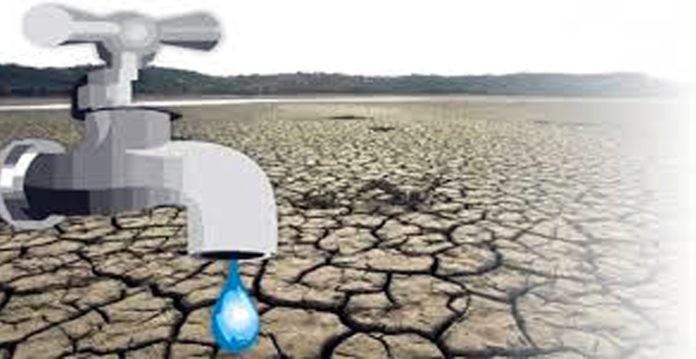India is staring at a severe water crisis that is no longer a future threat but an urgent reality. With demand expected to outstrip supply by 2030, experts warn that the country could soon face widespread water shortages affecting millions.
Despite having 18% of the world’s population, India holds just 4% of global freshwater resources. According to NITI Aayog’s 2018 Composite Water Management Index, over 600 million Indians are already living under high to extreme water stress.
One of the biggest challenges is India’s over-reliance on groundwater. The country is now the largest user of groundwater in the world, with extraction rates far exceeding replenishment. Climate change has worsened the situation, leading to erratic rainfall, frequent droughts, and shrinking Himalayan glaciers—the main water source for major rivers like the Ganga and Indus.
Also Read: Is Hyderabad Facing an Escalating Water Crisis?
The quality of available water is also a growing concern. The 2024 Annual Groundwater Quality Report found that 70% of India’s water is contaminated, with dangerous levels of arsenic and fluoride affecting drinking water across 19 states. Contamination from untreated sewage and industrial waste has rendered many rivers unsafe for use.
The human cost is alarming. Nearly 200,000 people die every year from waterborne diseases in India, according to NITI Aayog. Major cities like Bengaluru, Chennai, and Delhi have already experienced severe water shortages in recent years. A report warns that by 2030, 21 major Indian cities could run out of groundwater, affecting more than 100 million people.
Experts stress that India needs a systematic and integrated approach to tackle this crisis. The focus should shift towards Integrated Water Resource Management (IWRM), nature-based solutions like wetland restoration, and advanced technologies for real-time monitoring, water accounting, and efficient distribution.
Water must be treated not just as an environmental issue but also as a critical factor linked with agriculture, energy, climate resilience, and public health.
Without immediate and sustained action, India risks facing a water emergency that could destabilize food production, impact economic growth, and threaten millions of lives.
(This story is sourced from a third-party syndicated feed. Raavi Media takes no responsibility or liability of any nature. Raavi Media management/ythisnews.com can alter or delete the content without notice for any reason.)


